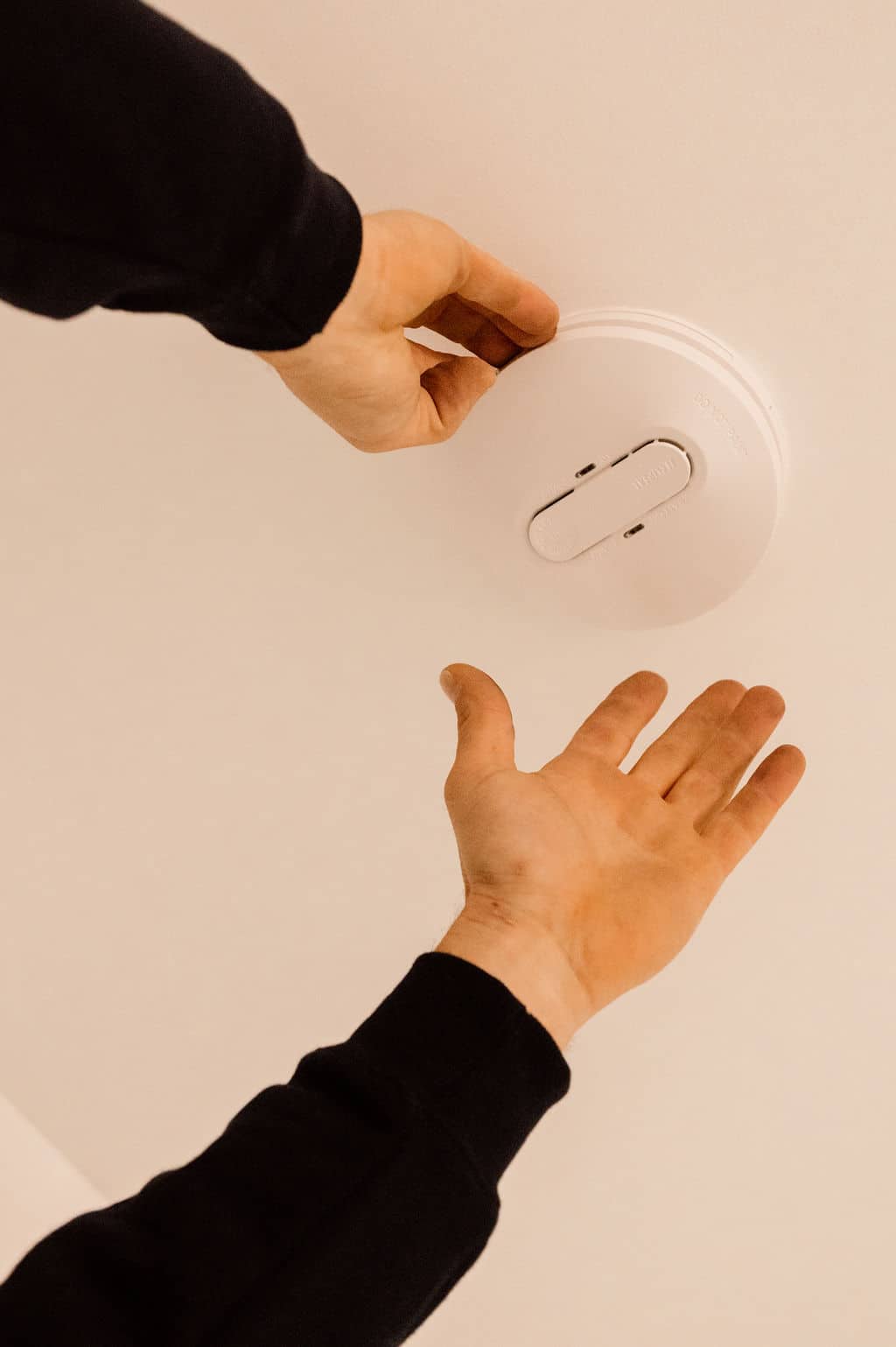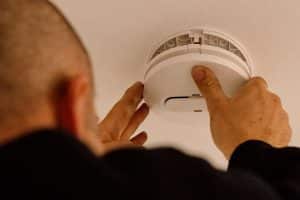We tend to take electricity for granted in our homes, only giving it conscious attention when there’s a power outage. So it’s all too easy to overlook electrical hazards and warning signs of potential electrical emergencies.
We also think of electricity as completely safe to use, which it is, as long as our systems don’t have any faults. The reality is that an estimated 350,000 household electrical injuries happen every year, some of them ending tragically.
So it’s really important to keep a watchful eye out for these electrical hazards or faults. While some are obvious, others are more subtle. This means understanding the different kinds of electricity emergencies, to recognise the various warning signs and have them investigated – before you have to call an emergency residential electrician.
Knowing what to do until help arrives will greatly reduce the risk of household damage or personal harm to you or your family. Here’s a guide on preventing and best handling electrical emergencies.
Warning signs of impending electrical emergencies
There are a few unmissable signs that something could be dangerously wrong with your electrical system.
- You see sparks or arcing when plugging in electrical appliances.
- You smell something burning, often faintly and with a chemical odour.
- Your lights start flickering regularly.
Common electrical hazards
Our homes can also contain electrical hazards if we’re not careful in our habits. Slightly frayed wires on electrical appliances, and extension cord plugs that get warm when plugged in, can also indicate a potential problem that could lead to an electrical emergency if you ignore it. Proper maintenance plays a key role in preventing electric shocks at home.
Older houses may have outdated electrical systems, with wires that have frayed over time. This can cause a fire to break out that you won’t necessarily detect until it’s too late to prevent damage. You can read more about the specific warning signs of outdated electrical wiring.
What to do in an electrical emergency
Electrical emergencies can be divided into four broad types, both inside your house and outside. With the latter you may not have any control over the cause of the emergency, nor have access to shut off the power. However, you can still take safety measures.
Controlling electrical fires
It’s very important to follow a strict protocol when facing an electrical fire. Your response will depend on the size of the fire, of course. If it’s still a small flame you can probably deal with it safely yourself. However, if it’s taken hold – while you were asleep, for instance – it’s best to get out of the house as fast as possible.
Assuming that the fire is still localised and you’ve caught it early, the first thing to do is switch off your power at the mains. This is critical to eliminate the risk of electrical shocks.
Once you’ve cut the power supply, you need to put out the flames. It’s now safe to use a water-based fire extinguisher (Class A). If the fire is threatening to get out of control and you can’t reach the mains supply to switch it off, you have to use a chemical fire extinguisher (Class C).
Even if you are able to put out the fire, call a 24 hour electrician to assess the situation and make emergency repairs. Of course, if you can’t put out the fire,
leave your house and call the fire brigade.
Treating electric shocks
If someone has been shocked, turn off the mains power supply as fast as you can. Make sure not to touch them, as this can cause electric current to flow through them, electrocuting you too. If they are still in contact with the power source, use something non-conductive to separate them from it, like a wooden stick. If necessary, you can hold a towel by the ends and wrap it around them like a rope to pull them away, making sure that no part of your body touches theirs. Then call emergency services, especially if they have been burnt.
Dealing with fallen power lines
Fallen power lines are very dangerous due to the sheer amount of electricity they carry. This is an extremely hazardous electrical emergency. If one has fallen down near or onto your property, stay well away from it – at least about 15 metres if possible. Don’t touch anything that is in contact with the power line, as it may conduct current and electrocute you very badly. Get hold of the local authorities and let them deal with it.
Handling power outages
A power outage presents an entirely different kind of electrical emergency. First check your switchboard to find out if something has tripped or if it’s an external outage. If your mains plug switch has tripped, for example, this often indicate that you’ve overloaded your electrical system or that one of your appliances is shorting it. Unplug your appliances and flip the switch back on. Then plug your appliances in again, one by one, until you identify the one that is faulty.
How you can prevent electrical emergencies
There are various electrical defects that can lead to an emergency scenario. You’ll be able to spot the more visible electrical hazards yourself, like having too many appliances attached to a plug point with a power strip.
Using electrical installations safely
It’s important not to overload any particular power supply point. Rather spread the load among multiple wall sockets. You should also make sure that your appliances are in good working order, as damaged ones can trip your power, or even damage your circuitry. And of course, never mix electrical appliances with water.
Preventing electrical fires
You can take some common-sense steps to help prevent an electrical fire from breaking out. Make sure all your electrical cords and extensions are in good condition, and inspect your plug points for signs of discolouration. Keep flammable materials well away from electrical appliances. You can also consider smoke alarm installation for extra peace of mind.
Electrical safety check
One of the best ways to prevent electrical emergencies is organise a safety inspection with your local Melbourne electrician. The importance of an electrical safety check every five years or so can’t be overstated.
24 hour electricians for electrical emergencies in Melbourne
In the unfortunate event that you need an emergency residential electrician, call STL Electrical. We’ll send someone out to promptly deal your electrical emergency, no matter the time of day. We have after-hours electricians on standby, providing 24-hour electrical service in Melbourne.




